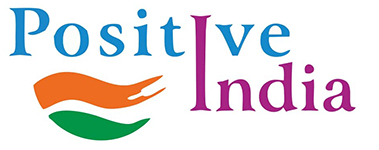

Positive India:New Delhi:
On 31st March 2021, the Union Cabinet approved the Central Sector Scheme – “Production Linked Incentive Scheme for Food Processing Industry (PLISFPI)” with an outlay of Rs. 10,900 crores, to be implemented from 2021-22 to 2026-27. The scheme consists of three components: incentivizing manufacturing in four major food product segments (Ready to Cook/ Ready to Eat foods, Processed Fruits & Vegetables, Marine Products and Mozzarella Cheese), promoting Innovative/Organic products of SMEs, and supporting branding and marketing abroad for Indian brands. Additionally, the PLI Scheme for Millet-based Products (PLISMBP) was launched in the FY 2022-23 with an outlay of ₹800 crore, utilizing the savings under PLISFPI.
Under the scheme, 158 applications have been approved for availing incentives. As per the information received, the beneficiaries have invested 7,427.22 crore (as on 31st March 2023) under the scheme. So far, incentive of 517.604 Crore has been disbursed for the Financial Year 2021-22.
The Government is fully aware of the potential issues that could arise from the PLISFPI scheme. To ensure its effectiveness and fairness, proactive measures were taken during the scheme formulation stage. Various stakeholders were actively engaged, and an extensive consultative process was followed, involving large-scale manufacturers, SMEs, etc. As a result, the scheme guidelines ensure the scheme benefits all stakeholders, including farmers.
Category-II of the PLI scheme, with a specific focus on Innovative and Organic products, is exclusively for eligible MSMEs. 16 applications have been selected under this particular category. Additionally, 22 applicants (out of 30 selected applicants) selected to participate under PLI Scheme for Millet-based products are MSMEs. Apart from the PLI scheme, the government has introduced several other schemes to offer support across entire food value chain, which also helps SMEs in meeting international quality and safety standards for their food products.
The scheme guidelines specify that the entire manufacturing process, including primary processing, of the food products eligible for coverage under the scheme must occur in India, with the exception of additives, flavors, and edible oils. This approach aims to foster a strong value chain that benefits farmers and supports domestic production. These guidelines ensure farmer inclusivity, particularly for small-scale farmers, by guaranteeing remunerative prices for farm produce and higher income.
This information was given by Union Minister of State for Ministry of Food Processing Industries
Shri Prahlad Singh Patel in a written reply in the Lok Sabha.


